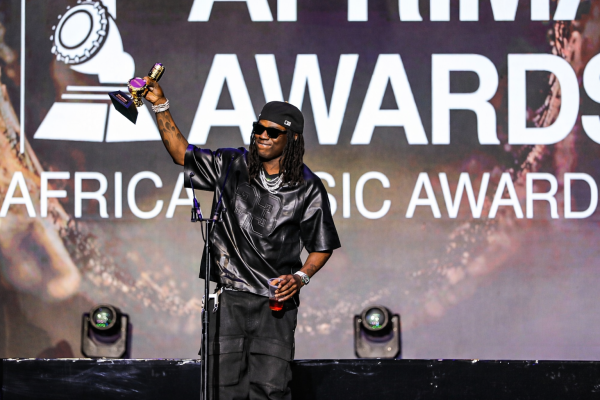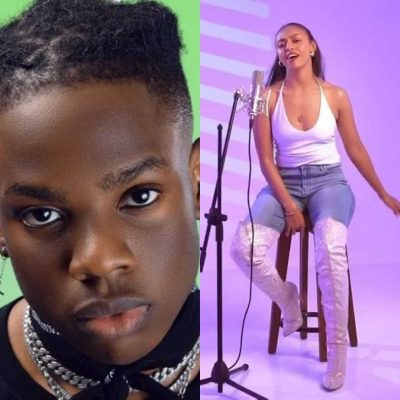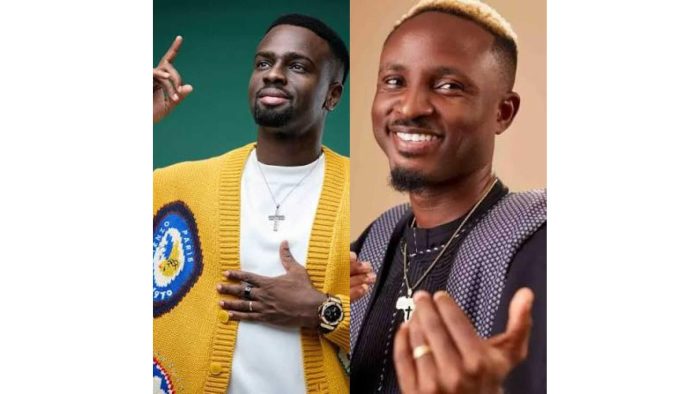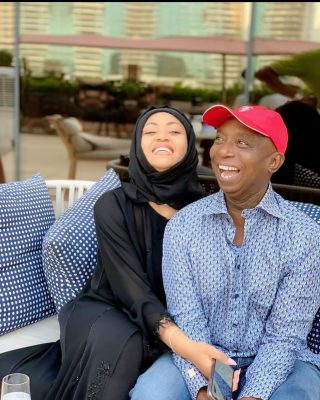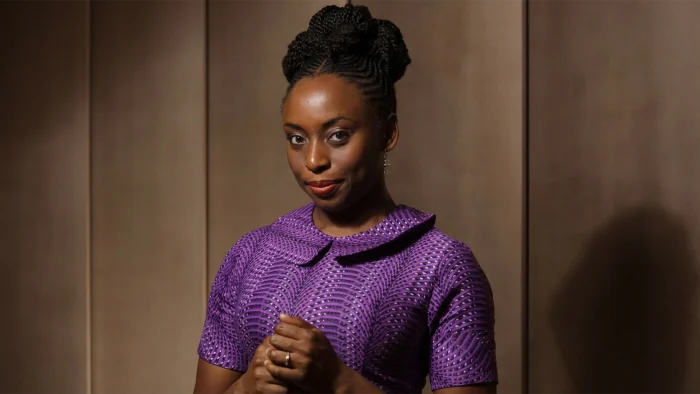
Oxlade’s evolution from the teenage choirboy in Lagos’ gritty suburbs of Mushin and Surulere to the African popstar expanding Afrobeats’ global fanbase is almost as remarkable as his music.
[ad]
The young singer, born Ikuforiji Olaitan, rose to prominence in the thick of the 2020 COVID lockdown, with his assertive debut extended play, Oxygene, especially with hit songs like Away and O2 emphasising his vocal technique. With more songs like Ojuju, and More, from his second playlist, Eclipse, his falsetto-rich, fluctuating cadences and stretchy soft tone became household favourites among Afrobeats lovers.
Oxlade delivered a global summer pop smash, Ku Lo Sa, in 2022 and followed up with a remix with Latin Grammy winner Camilla Cabello. The success of the single was a tough act to follow despite key duets the following year with UK’s Dave on Intoxycated and Morrocan rapper ElGrandeToto on Like That.
[ad]
READ ALSO: Why I left LASU in my final year — Oxlade
Now, with his just-released debut album, the Troniq Music act is attempting a comeback and asserting his status as a bonafide Afrobeats star. The sixteen-track album features continental artists like Congolese legend Fally Ipupa, Ghanaian rapper Sarkodie, Jamaican popstar Popcaan, and Nigerian songsmiths Flavour and Wande Coal. A speech from Ugandan Presidential aspirant and cultural icon Bobi Wine is featured on the album’s intro.
The album also features Nigerian alt-RnB songbird Tomi Owo on On My Mind, alongside Oxlade’s manager Ojah Bee, who was also brutalised with the musician in Lagos, during the October 2020 EndSARS protests.
[ad]
While the songs on the album might sometimes feel overwhelmingly sombre with singing technique, the entire mood of the album remains a cohesive delight for spatial sombre listens.
Raised on influences from King Sunny Adé, Ebenezer Obey, and Wande Coal, Oxlade’s creative artistry has become a necessity in Afrobeats’ expansive scene.
In today’s Guardian Music, he walks us through his core experiences making this new album, detailing his muses, creative process, and desire to keep the art of vocalisation alive in today’s hyper-digital music community.
[ad]
How does it feel for you right now?
I feel grateful. It took me forever to create this amazing body of work. So, finally having it in existence is something of an accomplishment.
READ ALSO: I started singing before I could talk — Oxlade
How long have you been working on this album?
I started three years ago.
[ad]
When did you decide you’re going to make an album like this?
I’ve always contemplated the name Oxlade from Africa. I didn’t just know what I was meant to use it for. So, when the call came, and it felt like that was the right name to give my album, I gave it.
What kind of music shaped your perspective as Oxlade?
I grew up with my grandma, so I’ve been listening to classical African music my whole life. People know this genre as Classical African music, but in genres like Juju and Highlife, artists like King Sunny Adé, Ebenezer Obey, and others have made music that’s stood the test of time—even without social media. These songs have had a huge impact on how I see music. I’m trying to mix what I heard growing up with what I’m listening to now. It’s like a blend of the past, present, and future. That’s what’s helped me find my value.
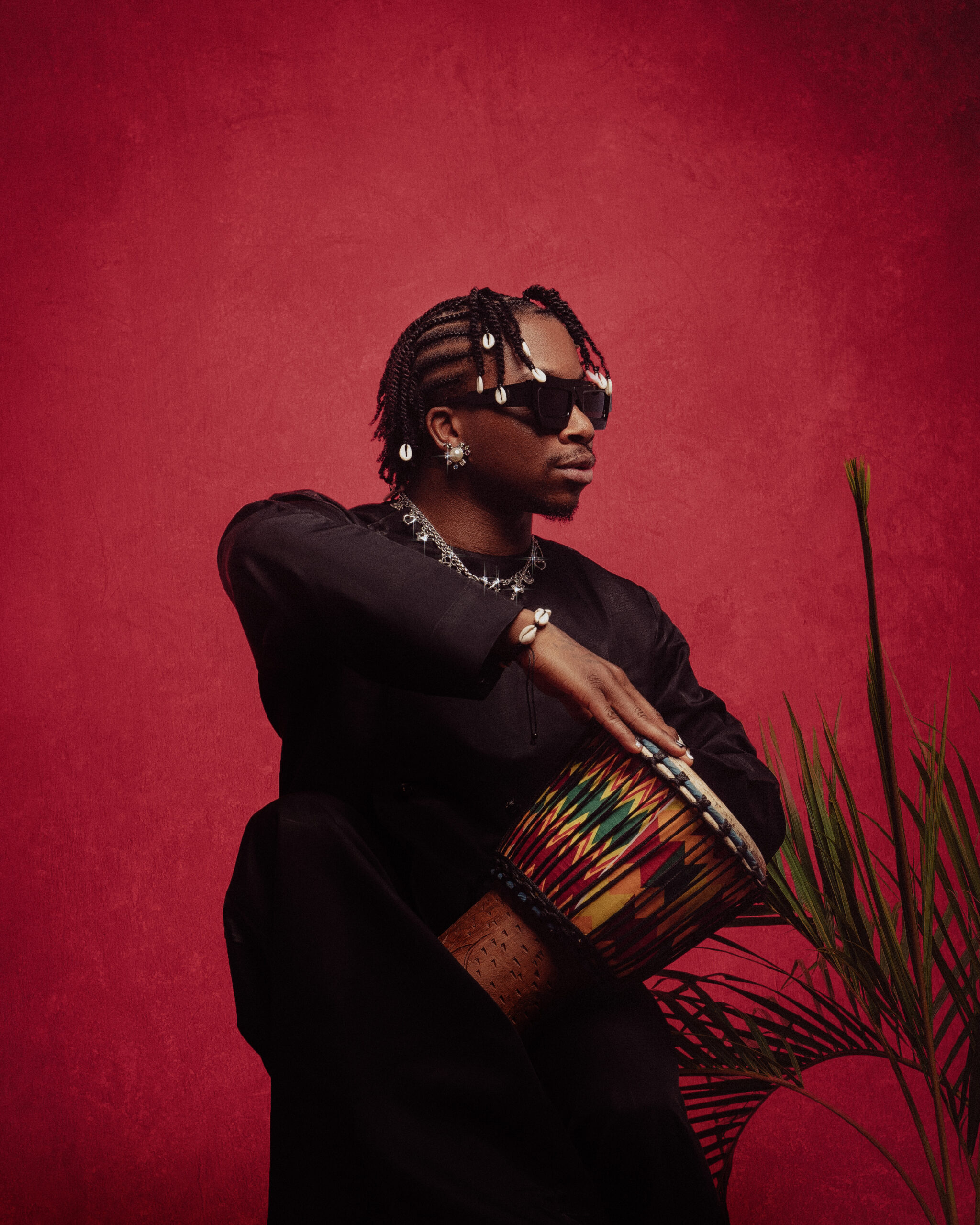
[ad]
Let’s talk about the duet with Fally Ipupa, IFA. Tell us about that session.
For me, Fally Ipupa was a necessity on the album. When you name an album Oxlade From Africa, you can’t ignore the continent’s presence. But I feel Nigerians and Africans generally haven’t fully explored the French [segment of the] African market. I didn’t realise its impact until it opened my eyes. Collaborating with someone from that market, creating a sound that resonates with both Nigerian and French audiences, was a no-brainer. It was a milestone for me, and having artists like Fally on my album is something I’m grateful for. Those are the achievements I brag about. Whenever I look at the album’s tracklist, I feel grateful to have created something so meaningful.
How was working withPopcaan?
The session with Popcaan felt like destiny. I was in Paris, supporting my people at his show. I was actually hiding in a corner, too shy to approach him. But then, I mustered up the courage. ‘Yo, yo, yo! You’re Popcaan!’ I said. ‘I’m a huge fan!’ He responded, ‘Yo, yo, yo! Oxlade, I love your record. It’s buzzing. Keep going!’ From there, we exchanged contacts. Having Popcaan on my album shows intentionality. I chose him because he represents the Caribbean black market. We can’t talk about blackness without involving the Caribbean community; they’re also part of our heritage. History and ancestral movements may have scattered us across different regions, but our shared African roots unite us.
[ad]
Give us an insight into your general creative process.
Honestly, once I’m inspired, there’s no stopping me. The creativity just flows. When I’m inspired, it’s like a fire burns within me. I tend to record music when my heart is heavy or when I’m going through tough times. That’s when I create. My music is authentic; I don’t make fictional stories. Every song I’ve made is about me or based on real-life experiences. I draw from my emotions and experiences, so my music is relatable. I’m singing from the heart. That’s why, even though it took time, I needed to experience certain feelings to create specific songs. I had to live through it to share genuine stories.
What were your top two memorable moments in making the album?
I’ll say submitting the album to streaming platforms. This is because it was hard to curate. It was hard to get to completion. My second most memorable moment was seeing the feedback after the album dropped. You know how people who know the story feel about us getting to this milestone. And also how I got to feature every artist I wanted on the album. I’m a strong-willed person—even somewhat stubborn—because if I don’t get what I want, I don’t settle for less.
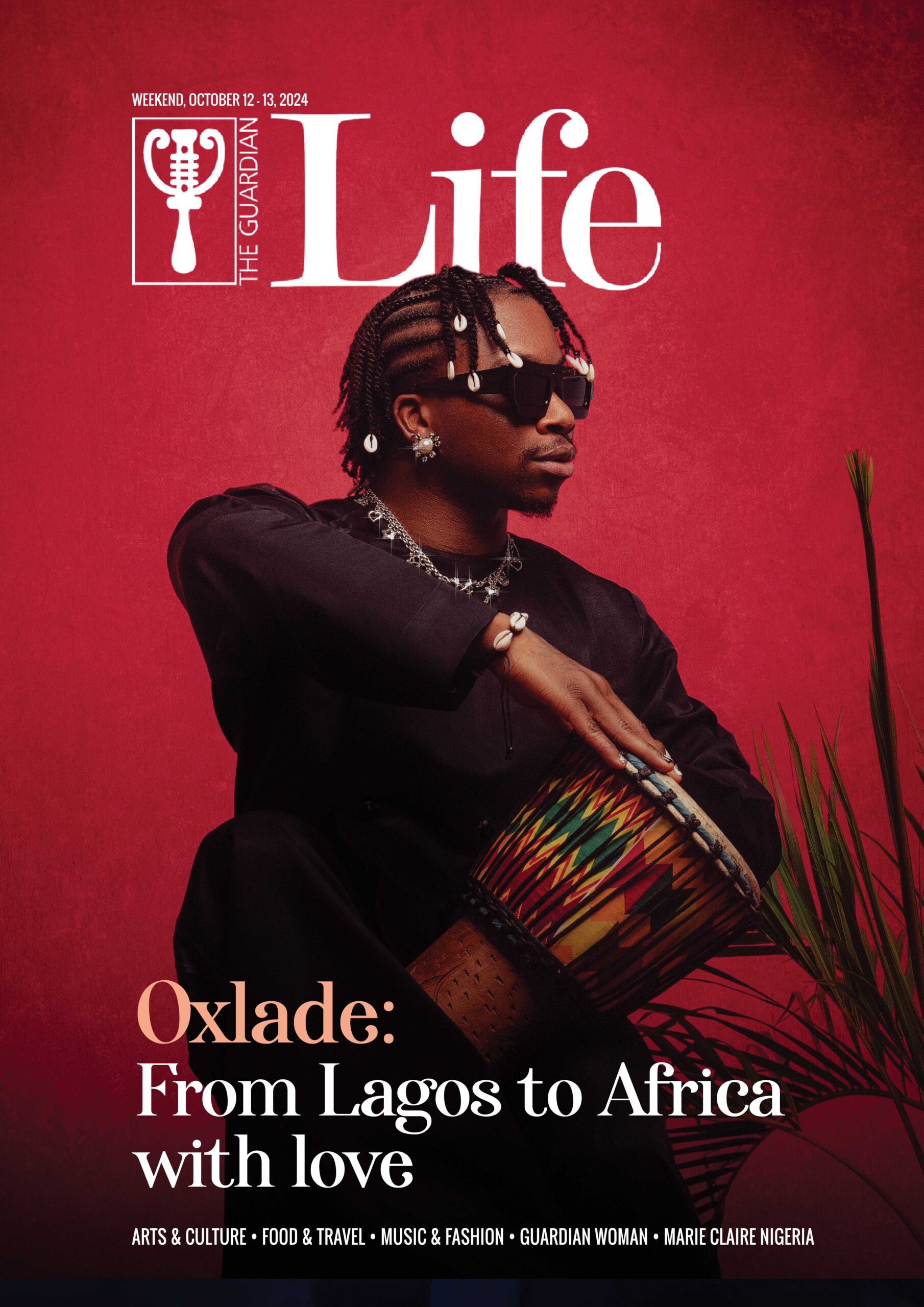
[ad]
What are your thoughts towards touring now?
I’m touring with the album. It’s something I have always wanted to do. That’s the best way to promote your project and connect with your fans. I’m doing a world tour of 40 cities. I’m starting in North America next week, then Europe, and finally ending with a Nigerian concert on December 18th.
Why do you title songs with pronounced spellings like Ku lo sa, Asunasa, and so on?
I feel like Africa needs to stay authentic. And that’s literally what being African is. We need to pronounce certain words our way. As far as the aesthetics of the album go, from the features to the language, I’m not trying to speak proper English on an African album. It defies the whole essence of promoting Africa if we don’t infuse African elements into our words. If we don’t, what are we promoting? What are we preaching?
When Oxlade is not doing music, what are you usually up to?
Even on days when I wake up and say, ‘I’m not making music,’ I might end up making music. Music isn’t something I can switch off. Although I take breaks and go on holidays, spend time with my grandmother, family, friends, and brothers, I always find my way back to it. I’m a normal human being when I’m not Oxlade. I enjoy everyday things: watching football—I’m a fanatic—working out, and playing FIFA. I try my best to live each day to the fullest, even if it’s limited. I prioritise making the most of every moment. I love spending time with my family a lot. I love my grandma so much.
[ad]
So, when is the next time you drop music again?
It’s going to be back-to-back albums; there are more albums to drop, so there’s more work to be done. No sleeping on the bicycle. We go hard, or we go home.
Finally, what’s the vision for you as Oxlade from Africa?
Now, I feel like any vision I have is from a human perspective—my ambition and desire to be a great person. But I believe God has a bigger picture in mind. So, I’m surrendering to His destiny, fulfilling what He has planned for me. I won’t say, ‘I want to conquer the world with my music.’ What if my music is meant to achieve more than that? I wouldn’t want to undermine God’s plans for me. My vision for the future is to let God’s will be done in my life, and I’ll just follow His path.
[ad]


